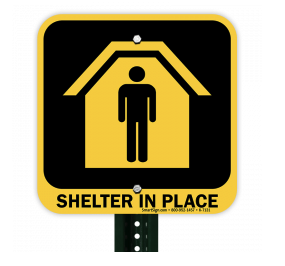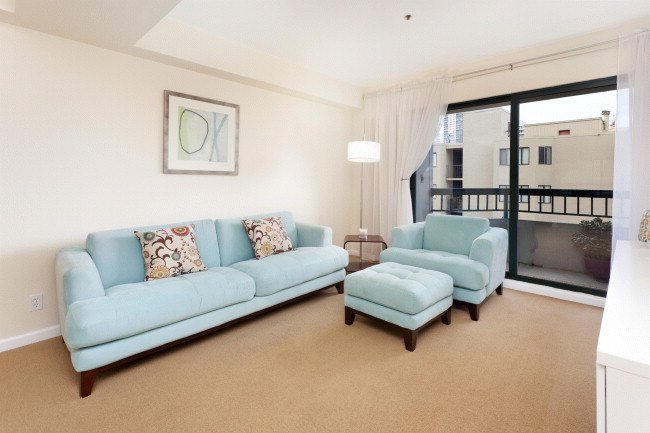Did you know that effective this year, if someone owns a unit in a 3+ unit building in SF and rents it to their child, they can be hit with a vacancy tax? Though a new law intended to make more housing available to renters may have been well-intended, it has some real quirks – and even real estate professionals don’t generally know about all of them yet!
San Francisco‘s Empty Homes Tax Ordinance was approved by San Francisco voters on November 8, 2022 and became effective on January 1, 2024. Generally, it imposes a tax on keeping certain residential units vacant for more than half the year. Filing and payment will begin in 2025.
The city has stated that that the total number of vacant residential units in San Francisco increased by about 20% between 2015 and 2019, to 40,500 units in 2019. The law says the Empty Homes Tax is intended to discourage prolonged vacancies and increase the number of housing units available for occupancy. This ordinance follows the earlier Vacancy Tax Ordinance of 2020 which affects street-level retail and was designed to reinvigorate commercial corridors and stabilize commercial rents. So the two laws are trying to retain San Francisco’s neighborhoods, which have always been a distinguishing characteristic of this city we all love. Great, but the devil’s in the details!
Beginning in 2024, the Empty Homes Tax Ordinance requires owners of homes in buildings of 3 or more units who reside in them and/or rent them for less than half the year pay a vacancy tax. The tax is significant and doubles every additional year the unit remains vacant:
| Year of vacancy | |||
| 1st | 2nd | 3rd | |
| < 1000 sf | $2,500 | $5,000 | $10,000 |
| 1000 – 2000 sf | $3,500 | $7,000 | $14,000 |
| > 2000 sf | $5,000 | $10,000 | $20,000 |
Note: these rates will be adjusted for CPI increases annually
An interesting twist is that if someone owns a unit in a 3+ unit building and leases to other family members (spouse, domestic partner, child, parent, or sibling) it is considered vacant. So if your child cannot afford a home and you want to rent your investment property to them, a three-bedroom 2100 square foot place for a market rent of $4000 per month / $48,000 annually, you will incur a tax in 3 years up to $20,000 per year (plus CPI adjustments)!
The constitutionality of this law is being challenged. In February of 2023, the San Francisco Apartment Association, the Small Property Owners of San Francisco Institute, the San Francisco Association of Realtors, and four individual landlords filed a lawsuit in San Francisco Superior Court. The Empty Homes Tax is in effect unless and until they prevail in this suit.
This was voted in as Proposition M to address the city’s housing shortage but how carefully were the impacts of this law considered? It will have a larger impact than people realize. It sure seems that if you buy a piece of real estate for your use or as a small rental business you should have control, within the accepted limits of the Rent Control Ordinance. A second home owner does live in their property but it may be just less than half the year. They may be unable to live there for a longer time for business or other reasons and plan to move-in full-time down the road. Under the Rent Control Ordinance it can be very difficult to regain use of your property if you were to rent it, so they may decide to keep it empty or rent to a family member. In light of the housing crisis all the existing rental restrictions may be reasonable, but this new law goes beyond that.
And interestingly, how will it be enforced? The plan is that property owners voluntarily file a return each year that a unit is vacant, and they are presumed liable for the tax if they do not file a return.
Our city is sometimes criticized for our policies but our heart is often in the right place. Let’s think through the holistic implications as we develop solutions!
In the meantime, if you are thinking of keeping a new or existing property vacant (which according to San Francisco may include having your child live there) consult a qualified real estate landlord/tenant attorney. And consult with me, too, as you think through your real estate investment strategy. I’m happy to help!



